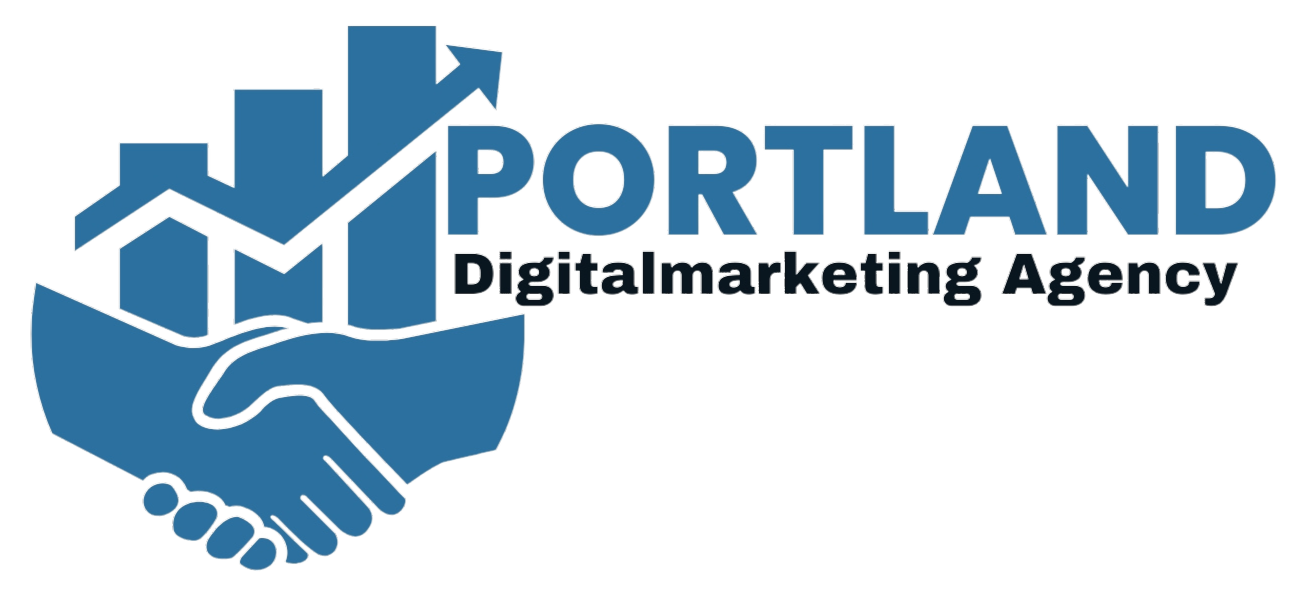In the competitive world of e-commerce, standing out in search engine results is crucial for driving traffic and increasing sales. While many focus on external backlinks and content creation, one often overlooked yet powerful SEO strategy is internal linking. When executed correctly, internal linking can significantly enhance your site’s SEO performance, user experience, and overall conversion rates.
If you’re operating an e-commerce business in Portland, collaborating with a Digital Marketing Agency Portland can provide tailored strategies to optimize your internal linking structure, ensuring it aligns with both user intent and search engine algorithms.

Understanding the Importance of Internal Linking
Internal linking refers to the practice of linking one page of your website to another within the same domain. Unlike external links that point to other websites, internal links help search engines and users navigate your site more effectively.
Key Benefits of Internal Linking:
-
Improved Crawlability: Search engine bots use internal links to discover and index new content. A well-structured internal linking system ensures that all your important pages are crawled and indexed.
-
Enhanced User Experience: By guiding users to related products or content, internal links help visitors find what they’re looking for, reducing bounce rates and increasing time on site.
-
Distribution of Link Equity: Internal links help distribute page authority (link equity) throughout your site, boosting the SEO performance of less visible pages.
-
Increased Conversion Opportunities: Strategic internal linking can lead users to high-converting pages, such as product pages or special offers, increasing the likelihood of sales.
Best Practices for Effective Internal Linking in E-Commerce
To harness the full potential of internal linking, consider implementing the following best practices:
1. Develop a Clear Hierarchical Site Structure
Organize your website into a logical hierarchy, starting from the homepage down to category pages, subcategories, and individual product pages. This structure not only aids in user navigation but also helps search engines understand the relationship between different pages.
For example:
-
Homepage → Category Page → Subcategory Page → Product Page
This clear hierarchy ensures that link equity flows from high-authority pages (like the homepage) to deeper pages, enhancing their SEO performance.
2. Implement Breadcrumb Navigation
Breadcrumbs are navigational links that show users their current location within the site hierarchy. For instance, a breadcrumb trail might look like:
Home > Electronics > Smartphones > iPhone 13
Breadcrumbs improve user experience by allowing easy backtracking and also provide search engines with additional context about your site’s structure.
3. Use Descriptive, Keyword-Rich Anchor Text
Anchor text—the clickable text in a hyperlink—should be descriptive and relevant to the linked page. Instead of generic phrases like “click here,” use specific terms that describe the content of the destination page.
For example:
-
Instead of: “Click here to view our leather jackets.”
-
Use: “Browse our premium leather jackets collection.”
This approach not only improves SEO but also provides users with a clear idea of what to expect when they click the link.
4. Link to High-Value Pages
Identify pages that are crucial for your business, such as best-selling products, seasonal promotions, or high-converting category pages, and ensure they are prominently linked throughout your site. This strategy directs traffic to these pages, increasing their visibility and potential for conversions.
5. Create Content Hubs with Topic Clusters
Develop pillar pages that serve as comprehensive resources on specific topics, linking to related product pages and blog posts. For instance, a “Home Gym Essentials” page could link to various fitness equipment products, providing users with a one-stop shop for their needs and improving SEO through topic clustering.
6. Regularly Audit and Update Internal Links
Over time, products may be discontinued, or URLs may change. Regularly audit your internal links to ensure they are still functional and relevant. Tools like Google Search Console can help identify broken links and areas for improvement.
How a Digital Marketing Agency Portland Can Assist
While implementing internal linking best practices is essential, doing so effectively requires expertise and ongoing optimization. A Digital Marketing Agency Portland can provide the following services:
-
SEO Audits: Conduct comprehensive audits to identify areas where internal linking can be improved.
-
Strategy Development: Create a customized internal linking strategy that aligns with your business goals and target audience.
-
Implementation: Assist in implementing the internal linking strategy, ensuring all links are correctly placed and functional.
-
Monitoring and Optimization: Continuously monitor the performance of internal links and make adjustments as needed to maximize SEO benefits.
Real-World Example: Internal Linking in Action
Consider an e-commerce store that sells outdoor gear. On a product page for a hiking backpack, the site could include internal links to:
-
A blog post titled “Top 10 Hiking Trails in Oregon”
-
A category page for “Camping Equipment”
-
A related product page for “Hiking Boots”
These internal links not only provide users with additional valuable content but also help search engines understand the context and relevance of the product page, boosting its SEO performance.
Conclusion
Mastering internal linking is a crucial component of a successful e-commerce SEO strategy. By developing a clear site structure, implementing breadcrumbs, using descriptive anchor text, linking to high-value pages, creating content hubs, and regularly auditing links, you can enhance your site’s SEO performance and user experience.
For businesses in Portland, partnering with a Digital Marketing Agency Portland can provide the expertise and resources needed to optimize your internal linking strategy, driving more traffic and increasing conversions.
If you’re ready to take your e-commerce SEO to the next level, consider reaching out to a reputable digital marketing agency in Portland. Their expertise can help you navigate the complexities of SEO and achieve your business goals.
